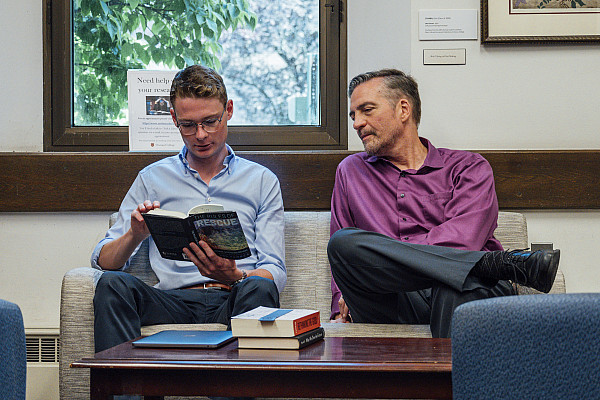
Finding Balance: The Challenge of Valuing Philanthropic Work
Trey Dykeman ’25 is researching effective altruism and population axiology under the direction of Associate Dean of Academic Affairs and Professor of Philosophy and Religious Studies Kelly Sorensen as a part of the Ursinus College Summer Fellows research program.
There are plenty of ways to improve the world through philanthropy. For example, one might invest in healthcare, education, and weapons disarmament; or art galleries, civic centers, and environmental preservation. All these causes are important, but how are they balanced against others? Are such comparisons even possible? These are the questions that Trey Dykeman ’25 is exploring as a part of the Ursinus College Summer Fellows research program.
Dykeman, a philosophy, politics, and economics major from Jackson Hole, Wyo., is researching effective altruism and population axiology under the direction of Associate Dean of Academic Affairs and Professor of Philosophy and Religious Studies Kelly Sorensen.
Effective altruism is a social movement that aims to use evidence and reason to figure out how to best improve the world with limited resources. It tries to determine whether, for example, a dollar spent on cancer research does as much good as a dollar spent on other fatal diseases like malaria.
Population axiology explores questions like whether it’s better to have more people with a lower quality of life, or fewer people with a higher quality of life; and whether those who enjoy lives of luxury could—at little personal cost—significantly improve the lives of those worse off.
Dykeman says that population axiology demonstrates there is no definitive way to maximize global well-being while also balancing concerns of equality. So, it is difficult for effective altruism to achieve its aims because “betterment” always involves tradeoffs. Dykeman is interested in when and where we’re justified in making such tradeoffs, and what to do when we’re uncertain.
His interest in philanthropy stems from his mother, who has worked in the field for decades, and from his community nonprofits. But he emphasizes that his concerns extend to the world at large, and that every person—near or far, present or future—should matter equally. His goal is to foster dialogue on effective altruism to help everyone understand how they can make the world a better place.
The groundwork for his current research started over a year and a half ago when he and Sorensen conducted an independent study on Reasons and Persons, a book written by 20th-century philosopher Derek Parfit. After reading the book, Dykeman studied abroad in Scotland through the St. Andrew’s Society of Philadelphia’s Miller Scholarship, where he attended a class taught by Theron Pummer, a protégé of Parfit.
Dykeman cites Sorensen and Pummer as both philosophical and personal influences. “They’re two of the most compassionate, amiable, and generous people I’ve ever met,” he said. “I’m so grateful to have their guidance, and I aspire every day to their level of goodness.”
Dykeman stresses that his work is not merely theoretical. While at St Andrews, he became a supporter of “One for the World,” an organization that encourages people to pledge at least 1% of their life’s income towards charities that have been proven to be most effective at helping those in need. He hopes to start an Ursinus-based chapter this academic year and encourages anyone interested in doing good to get involved.
